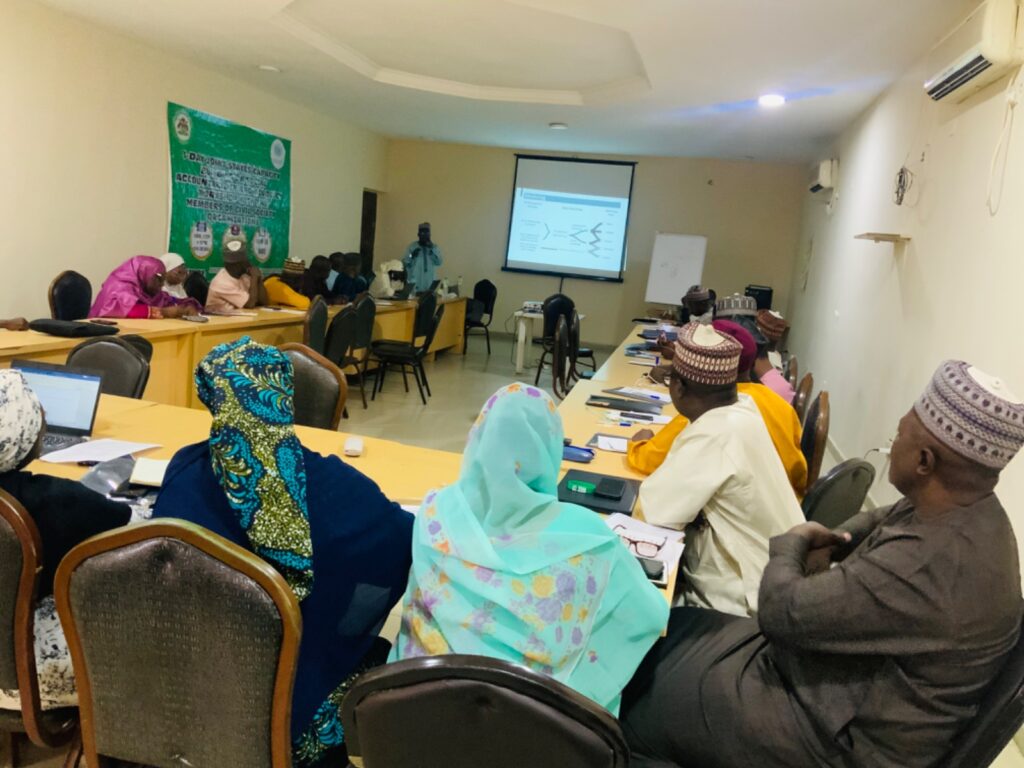The Civil Society Organizations from Kano and Katsina have been trained on the importance of Social Protection Policies to help develop the policies for the betterment of the target group.
The 3-day joint state capacity building on social accountability and advocacy workshop initiative aims at enhancing the capacity of the Civil Society members to work in synergy with Government agents in the aspect of social protection intervention.
The training organized by the State Ministry of Planning and Budget Kano and Katsina State, in collaboration with UNICEF Kano Field Office, emphasized the role of the CSOs as key in ensuring effective inclusion and progress of social protection policies which was approved as a law.
The Social Policy UNICEF Kano Field Office, Fatimah Musa in her presentation the members of the Civil Societies to work extra hard for the implementation of social protection policies in Kano and Katsina.
Read Also:
UNICEF, MoPB Reviewed Social Protection Policy, Strengthens Collaboration with Stakeholders
Fatimah Musa said the presence of CSOs is needed for transparency and accountability during the implementation stage.
Speaking earlier, the Chairperson of Kaduna Social Protection and Accountability Coalition (KADSPAC), Jessica Bartholomew charged the trainees to use their accountability mechanism to track the implementation of the social protection policies which will play a role in reducing poverty.
Bartholomew said it is expected that Civil Societies will engage with Government, and ensure that the right beneficiaries have access to the social protection programmes.
“We want to see you working closely with your Government, because our role as CSOs that have been trained engaged with the Government, that is to say, to increase their level of synergy with them with the sole aim of reducing poverty through their activities.
We also want the Government to work with CSOs as partners in development, we represent our constituencies by taking people’s aspirations.
Reach out to the Government, go for advocacy, and be able to tell the Government what you are doing and your participation in ensuring the Government can implement the intervention well. We are partners in reducing the high multi-dimensional poverty index is been reduced drastically”, Jessica Bartholomew.
Fatimah Musa said the presence of CSOs is needed for transparency and accountability during the implementation stage.
In his presentation on multiple overlapping deprivation analysis (MODA), the Planning and Monitoring Specialist UNICEF Field Office Kano, Ibrahim Ibrahim said the data analysis available to the CSOs will make a significant impact as it will help them know the status of their state according to the index.
Ibrahim added that the “need for clean water and sanitation, health, nutrition, education, and child protection is a must for a child to, so MODA as a right-based framework for multi-dimensional child poverty measurement, helps define the dimension of child poverty, identify children who are deprived in one or more indicators listed”, Planning and Monitoring Specialist, UNICEF Kano Field Office.
